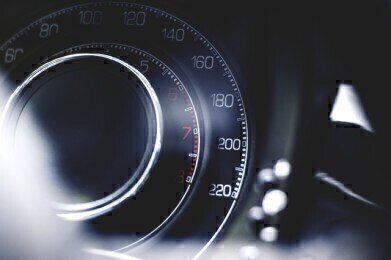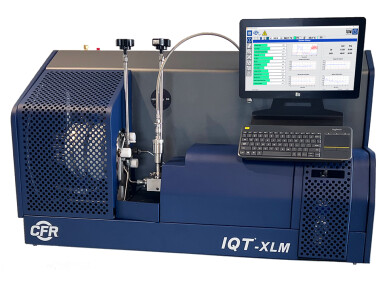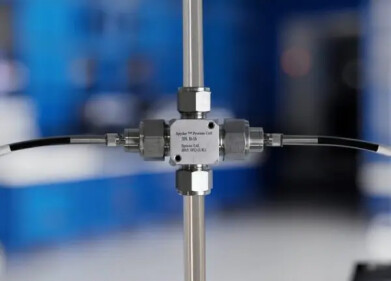Analytical Instrumentation
Could Petrol Be Banned in the Future?
Oct 09 2016
For years, petrol has been the most common fuel for cars across the globe. Now, with alternative fuel sources gaining momentum in research, production and use, petrol could be on a downward slope. A big step in this process, of course, would be a ban. But will anyone actually ban petrol?
German power
The first in the queue when it comes to banning the popular fuel source are the Germans. Their huge economic status means they have quite a bit of power within the European Union. Germany have plans to lower carbon dioxide emissions by 95%, with a deadline of 2050. And Bundesrat, the federal council of Germany, think changing the laws on petrol is essential to meeting that target.
They have proposed a ban on petrol cars across the EU. If accepted, the proposals would halt the sale of vehicles with internal combustion engines from 2030. This includes both petrol and diesel powered vehicles. They wouldn’t ban the resale of existing cars, but any newly bought vehicles would have to be zero-emissions.
With no particular alternative fuel preferred, the choice between electric power and hydrogen fuel is essentially up to the consumer – although it may have a lot to do with manufacturers’ preference.
Tax incentives
Bundesrat also want the tax laws changing for car emissions. At the moment some EU states have tax breaks for diesel cars. Germany’s federal council want this removing, and replaced with even stronger incentives for zero-emissions vehicles. This could cushion the financial blow for consumers, who currently have to pay more for alternatively fuelled vehicles (AFVs) compared to their petrol and diesel counterparts.
The main barrier in the change is refuelling. With AFVs still in the minority, there isn’t currently the infrastructure for drivers to conveniently ‘fill up’. Petrol stations are dotted about everywhere but it’s not too often you see an electric vehicle charging point. Consumers are also concerned about the speed of charging and how long these refuels last. With 14 years until the proposed deadline, there is still a lot of research left to do.
Optimising petrol
While there are efforts to ban petrol because of its high emissions, there is also a lot of work going into cleaning the fuel. More high-tech blends of substances for fuel and lubricants makes them more energy-efficient, more powerful and lowers their emissions. ‘Accurate and Precise Quality Control for Lubricants and Fuels by EDXRF’ explores the innovative methods that are central in this area of research.
Digital Edition
PIN 25.5 Oct/Nov 2024
November 2024
Analytical Instrumentation - Picturing Viscosity – How Can a Viscometer or a Rheometer Benefit You? - Sustainable Grease Formulations: Evaluating Key Performance Parameters and Testing Method...
View all digital editions
Events
Dec 03 2024 Dusseldorf, Germany
Dec 08 2024 Anaheim, CA, USA
Turkey & Black Sea Oil and Gas
Dec 11 2024 Istanbul, Turkey
Dec 19 2024 Aurangabad, India
Jan 20 2025 San Diego, CA, USA



















